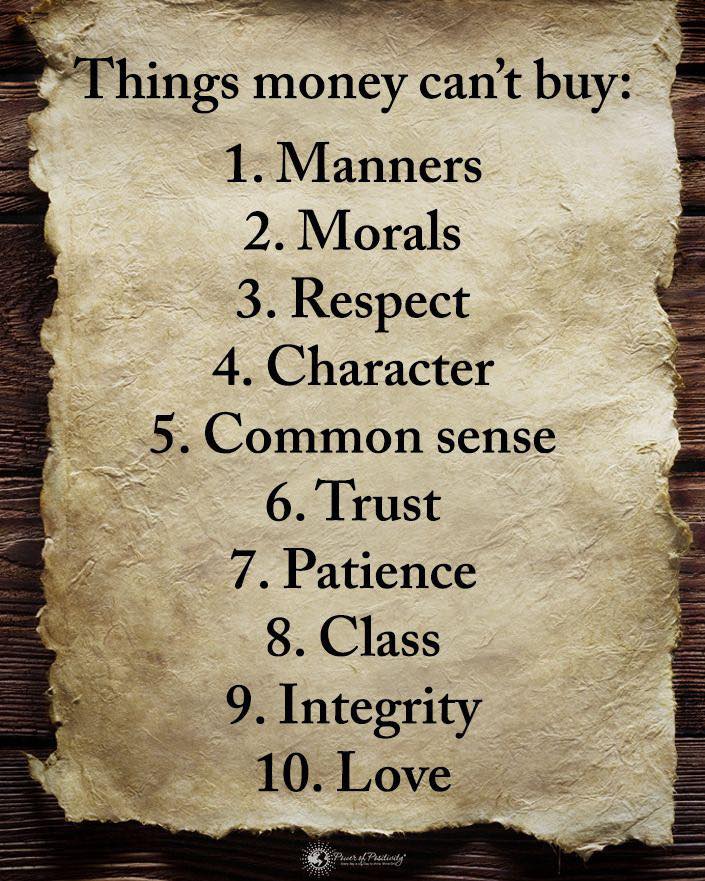Have you ever been overwhelmed by the number of things scattered around everywhere? Do you feel like you waste money on useless items but don’t know how to change that? Do you feel so caught up in consumerism, you can’t enjoy a meaningful life anymore? Perhaps it’s time to save more money by embracing minimalism.
If your life is too erratic, you might need a change of scenery. In many cases, trying to buy less won’t solve your issues as long as you keep the consumerist mentality. It would help if you had a full-on lifestyle change. And minimalism might be the option you are looking for. You might want to make sure that at the end of the month you’ll have more money in your pocket. Or you might want to focus on things that are more important than expenses. Whichever the case, read on to find out how minimalism can help you save money.
What Is Minimalism?
Minimalism is a design choice and lifestyle in which you use a limited number of simple objects but make the most out of them. Minimalists are determined to own only the things they need, the things that serve a purpose. They have everything they need for daily life without having clutter that they might need lying around. And they don’t have any useless things that they might become emotionally attached to.
While this is first and foremost about what you own, it can also be about who you are. Because they don’t have to worry about always buying stuff, they can focus on other things. Instead of budgeting for what they can get, they budget for what they can do. It makes life more meaningful for them because it allows them to focus on experiences.
The idea that more stuff makes people happy is a myth, or so do minimalists think. They value spending time building relationships rather than working all day to buy more. While they recognize that there’s nothing inherently wrong with material stuff, they see minimalism as a way to achieve freedom. To not be pinned down by debt or worry over paying bills over bills means to be free, in their opinion.
Five Ways Minimalism Helps You Save More Money And Lead A Meaningful Life
If you need to trim your expenses or are sick of having clutter all around you, minimalism might be the thing for you. Read on to find out how to implement it and how it can help you financially.
1. Shopping For Quality Rather Than Quantity
This might be the fundamental tenet of minimalism: you should always strive to purchase qualitative items rather than having more. In other words, you need to be intentional with your purchases.
Let’s say you have an office job, and cooking isn’t one of your hobbies. While you might be inclined to fill your kitchen with gadgets, that’s not necessary. If you’re not interested in cooking something fancy, you will never need an asparagus steamer. Make sure that what you get has value for you. If you spend a couple of hundred bucks on a kitchen appliance, you better be sure you get a lot of uses out of it.
This applies to all aspects of your life. Don’t get a dozen shades of lipstick if you know you’ll never use them. Don’t get a ton of pillows just because they look pretty when you know you’ll never display them. The list goes on. This way, you can be intentional with your purchases and make sure you get every dime out of an item.
Along with being intentional, you have to look for quality. If you don’t cook a lot, that doesn’t mean you should get the cheapest pan possible and change it every month. You’re just going to waste money. Buying something more expensive is worth it as long as you know it will last you years.
If you calculate the price per use, something seemingly cheaper might end up being more expensive. That’s not to say that there aren’t moderately priced items that also last a long time. It just means you should do your research and figure out an approximate price peruse. And if you need to splurge a little, you can do it if you’re confident that the item has the quality you need.
If you’re concerned with the environment, buying fewer things that last longer will cut down on your waste.
2. Cut Meaningless Expenses
If you live a chaotic life, chances are your savings account isn’t too happy with your decisions. While some people might be ok with this, most people want to save more money if they can. Cutting down on meaningless expenses is the easiest way to start.
The average American spends about $18,000 a year on meaningless purchases. Try to go over your budget and bank statements, and pinpoint what you can cut down on. If you buy many plastic bags for groceries, you might want to get some reusable bags and cut those useless expenses. Either cut some items entirely out of your life or replace them with more inexpensive alternatives.
If you can do something yourself, you should do it. Let’s say you always get caramel macchiatos from Starbucks. And they might be delicious. But with some coffee, milk, and caramel syrup, you can replicate them at home. You can save you two to five bucks every day. This is also true for food, clothing altering, and so much more.
It doesn’t mean you can’t enjoy your favorite coffee from a cafe once in a while. It just means you shouldn’t get complacent and rely on someone else doing things for you. If you can do something, there’s no reason you shouldn’t.
3. Invest In Reusable Items to Save Even More Money
Single-use items might be the most manageable unnecessary cost to miss. People are so used to getting plastic bags, water bottles, and so on, they don’t even notice the money leaving their savings accounts. But investing in reusables will do wonders for your savings.
Reusables are a reliable and financially conscious alternative to many single-use items. And you would be surprised to see how many things you can replace. Recipients are the first thing you should consider changing up. Get a water filter and a reusable water bottle instead of buying bottled water every day. Get a reusable coffee cup. And the list goes on. In general, whatever you have that is plastic is replaceable with reusable in some way.
Another way to replace stuff is to consider what old items you could reuse. That old tote bag from the back of your closet could become a perfect grocery bag. An old t-shirt can become a cleaning rag. You can upcycle a lot of things if you use your imagination.
Taking these steps will help you trim your expenses and save more money. And they are sustainable alternatives.
4. Invest In Experiences
One way to make the most out of your money is to invest in experiences rather than material possessions. Once you start focusing on doing things rather than having things, your life will become more meaningful.
If you choose to go on trips, you will create memories that are much more valuable than the things you have. Buying the latest gadget will only make you happy for a short period. As soon as a newer, better device comes out, you will be pressured to buy it. So, it creates a vicious cycle in which you constantly need something newer and better.
But experiences focus on what you see, feel, and do, not what you have. Going on a trip in Bali can be just as valuable as going on a road trip close to home. At the core of these experiences are your genuine wants, not the wants imposed on you by aggressive advertising. Experiences are also about connecting with people. You create strong bonds, and you have memories that will last a lifetime.
This can save money in some cases. Even if it doesn’t, it alleviates the pressure of having to spend every dime on things that don’t make you happy. And what you get out of your investment is much more valuable. This way, it can help you find real meaning in your life.
5. Have A Long-Term Focus on Saving More Money
If you embrace a minimalist lifestyle, you will experience a shift in mentality. This lifestyle encourages a long-term focus that can help you balance your spending.
One change that happens often regards the size of people’s homes. Someone focused on the short-term will want a big, fancy house because that’s the societal goal. But people focused on the long term will get a place the exact size they need. That’s not to say there aren’t minimalists who have bigger homes. But that’s because that’s what they need. But, as people declutter, they switch to smaller spaces because they don’t need anything more. This saves a lot on rent and maintenance costs.
Another example of long-term focus is minimalists’ ability to let go of things they don’t need anymore. Most people have a hard time letting go of some stuff. Even you might have an old jacket that you keep because maybe you’ll use it again someday. But minimalists know that it’s better to let someone else use it and make more space in their closet for something else. That’s why they tend to sell the things they don’t need. This way, they make more money and declutter their space.
Those are just two examples of long-term thinking. But there are many instances where this happens.
Final Thoughts On Ways Minimalism Helps You Save More Money And Lead A Meaningful Life
If you want to make sure you can save more money, you might want to embrace minimalism. This lifestyle is all about keeping things simple and being intentional with your spending.
It incentivizes a mentality shift in people that makes them value experiences over material possessions. Instead of having a dozen pans, you should get a couple of outstanding ones. Rather than buying plastic bags for all your groceries, get a tote bag. Finally, instead of always buying bottled water, use a reusable bottle. These changes will help you spend less and live in a clutter-free environment. And, the less you worry about spending and clutter, the more time you have to create memories and connections.

















 Community
Community

